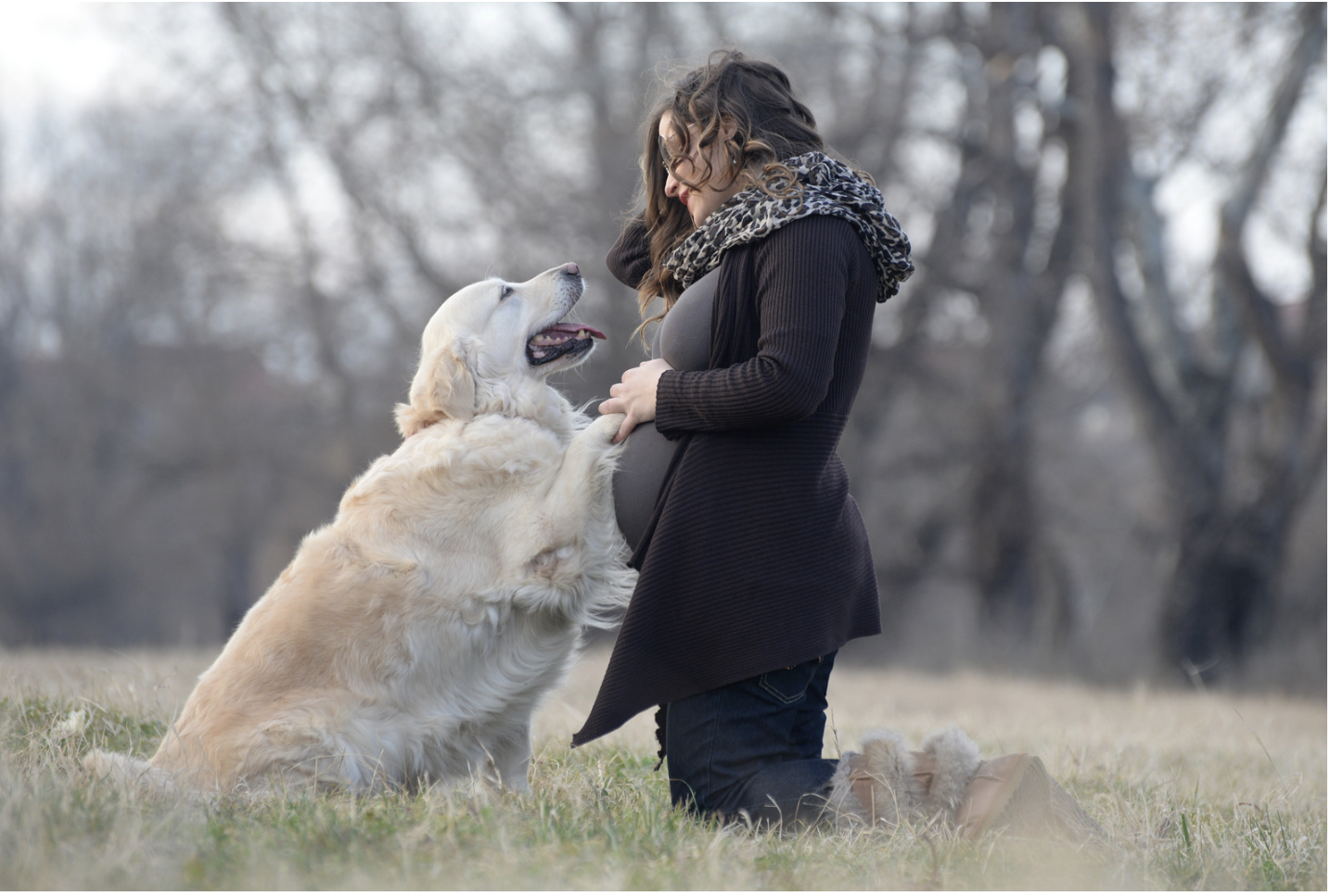Health Risks of Dog Bites for Expecting Mothers

Dog bites can present a serious health risk, especially for pregnant women. Expecting mothers should be extra cautious when it comes to dog bites, as they could result in complications that affect the health of both the mother and the unborn child. Understanding these potential risks and knowing how to prevent and respond to dog bites is essential for ensuring the safety of both the mother and the baby.
In the unfortunate event of a dog attack, seeking legal advice promptly is paramount. By contacting a reputable and specialized dog bite injury firm, you can gain comprehensive assistance in understanding the complex legal procedures that follow such incidents. This may involve filing a claim and pursuing compensation for medical bills, lost wages, pain, and suffering.
Increased Risk of Infection
It's important to be aware that pregnant women are at higher risk of infections because of changes in their immune systems. A dog bite has the potential to introduce harmful bacteria into the body, which can result in serious infections such as cellulitis, sepsis, or even tetanus. These infections can pose significant risks to both the expecting mother and her unborn baby.
After experiencing a dog bite, seeking immediate medical attention is crucial. Cleaning the wound thoroughly and receiving appropriate antibiotics are necessary steps to prevent the development of infections. It is also important to ensure regular monitoring and follow-up care to minimize the risk of complications and safeguard the health and safety of both the mother and the child.
Impact on Pregnancy Complications
Dog bites can lead to stress and physical trauma, which may increase the risk of pregnancy complications. Here are the key impacts and recommended actions:
- Preterm Labor: The stress and trauma from a dog bite can trigger early labor, putting both the mother and baby at risk for complications associated with premature birth.
- Placental Abruption: The physical impact of a bite can cause the placenta to detach from the uterus, leading to severe bleeding and threatening the life of both mother and baby.
- Miscarriage: Severe stress and physical injury resulting from a dog bite can increase the risk of miscarriage, particularly in the early stages of pregnancy.
- Emotional Stress: The anxiety and emotional distress following a dog bite can further strain the pregnancy, potentially exacerbating other complications and affecting the overall well-being of the expecting mother.
Rabies and Tetanus Concerns
Remember that dog bites can pose serious risks such as rabies and tetanus. If a pregnant woman is bitten by a dog, she should immediately assess the risk of exposure to these diseases. Although rare, rabies is fatal if not treated promptly, and tetanus can lead to severe muscle contractions and complications.
Vaccination and immediate medical treatment are vital for preventing these diseases. Pregnant women should discuss their vaccination status with their healthcare provider to ensure they are adequately protected against these potentially life-threatening infections.
Psychological Impact and Stress
The psychological impact of a dog bite can be significant, especially for expecting mothers. The fear and anxiety resulting from an attack can affect both the mother's mental health and the health of the unborn baby. Chronic stress during pregnancy has been linked to adverse outcomes such as low birth weight and developmental issues.
Counseling and mental health support can benefit pregnant women who have experienced a dog bite. Addressing the emotional aftermath is crucial for maintaining a healthy pregnancy and ensuring the well-being of both mother and child.
Importance of Immediate Medical Care
Immediate medical care is essential for expecting mothers who experience a dog bite. Prompt treatment can prevent infections, assess the severity of the wound, and initiate necessary vaccinations. Early medical intervention is crucial to avoid complications that could impact both the mother and the unborn child.
Expecting mothers should not hesitate to seek medical attention after a dog bite. Even seemingly minor bites can lead to serious health issues if not properly treated. Healthcare providers can offer comprehensive care and advice tailored to the needs of pregnant women.
Preventive Measures for Expecting Mothers
Preventive measures are key to reducing the risk of dog bites for expecting mothers. Here are some important steps to take:
- Avoid Unfamiliar Dogs: Avoid unfamiliar dogs to reduce the risk of unpredictable behavior.
- Understand Canine Behavior: Learn to recognize signs of aggression or anxiety in dogs, such as growling, barking, or showing teeth, to avoid potential attacks.
- Supervise Interactions: Always supervise interactions with pets, especially in new or stressful situations, to ensure safety.
- Be Cautious Around Aggressive Dogs: Stay particularly cautious around dogs that exhibit aggressive or anxious behavior.
- Educate Yourself About Dog Safety: Learn about dog safety, including how to approach and handle dogs properly.
- Ensure Pets Are Well-Trained: Make sure your own pets are well-trained and comfortable around you to create a safe home environment.
Legal Rights and Support
Expecting mothers who suffer dog bites have legal rights that can help them obtain compensation for their injuries. Understanding these rights and the legal process is crucial for securing the necessary support and resources for recovery. Legal assistance can help handle the complexities of personal injury law and ensure that victims receive fair compensation.
An experienced attorney can provide valuable guidance on filing claims, negotiating settlements, and representing the victim in court if necessary. This support is vital in managing the aftereffects of a dog bite and ensuring the well-being of both mother and unborn child.
Community Resources and Support
Community resources and support networks can play a crucial role in helping expecting mothers recover from dog bites. Local health departments, support groups, and counseling services can provide assistance and guidance. Accessing these resources can help pregnant women manage the physical and emotional challenges following a dog bite.
Connecting with others who have had similar experiences can offer valuable support and reassurance. Community programs focused on dog safety and education can also help prevent future incidents and promote a safer environment for everyone.
Dietary and Lifestyle Adjustments Post-Bite
After experiencing a dog bite, expecting mothers may need to make specific dietary and lifestyle adjustments to support their recovery and maintain their health. Proper nutrition is essential to promote healing and ensure the mother and the unborn baby receive adequate nutrients.
Rest and relaxation are also essential to help manage stress and support the body's natural healing processes. Pregnant women should consult with their healthcare provider to develop a personalized recovery plan that includes appropriate dietary guidelines and lifestyle recommendations.
While recovering from any injury, expecting mothers should be mindful of their environment and lifestyle choices. For instance, some studies have explored whether using an electric blanket can cause infertility.






